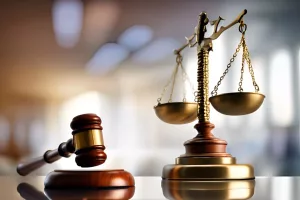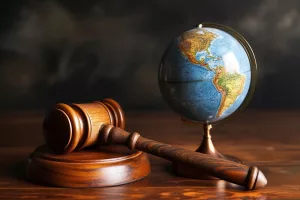South African Ministers Aaron Motsoaledi and Naledi Pandor have reported receiving death threats, with Motsoaledi receiving six to eight threatening calls per day from an unknown individual. The reasons behind the threats remain unclear, but they come in the wake of South Africa’s legal proceedings against Israel at the International Court of Justice. The incidents highlight the potential risks faced by public servants involved in international affairs of significant consequence.
The International Court of Justice (ICJ) will announce its verdict on South Africa’s appeal against Israel on January 26, 2024. The ruling will focus on whether “provisional measures” should be executed to protect the Palestinian population from further damage in accordance with the Geneva Convention. The outcome will have significant implications for conflict resolution worldwide and may establish new benchmarks in international law.
The outcome of the case, to be decided by the International Court of Justice, could have significant implications for South Africa’s global reputation and redefine the approach to human rights violations. The highly anticipated verdict, set to be announced on January 26, 2024, has the potential to impact various domains, including legal, political, and humanitarian. Regardless of the outcome, the case marks a growing openness of nations to interact with international institutions in the pursuit of justice.
A legal battle between South Africa and Israel is unfolding at the International Court of Justice (ICJ), with South Africa accusing Israel of committing genocide. The case has sparked worldwide attention and debates about international relations and human rights activism. While opinions on the case are varied, the ICJ’s ruling will shape the norms for international diplomacy, and the outcome remains uncertain.
South Africa has accused Israel of committing acts of genocide against Palestinians and has brought the case before the International Court of Justice (ICJ). The legal proceedings may take years, but interim measures are being pursued, with preliminary hearings set for January 11 and 12. The case is based on the 1948 Convention on the Prevention and Punishment of the Crime of Genocide and emphasizes South Africa’s commitment to uphold the universal right against genocide. Israel has rejected the claim and is expected to strongly contest it.





